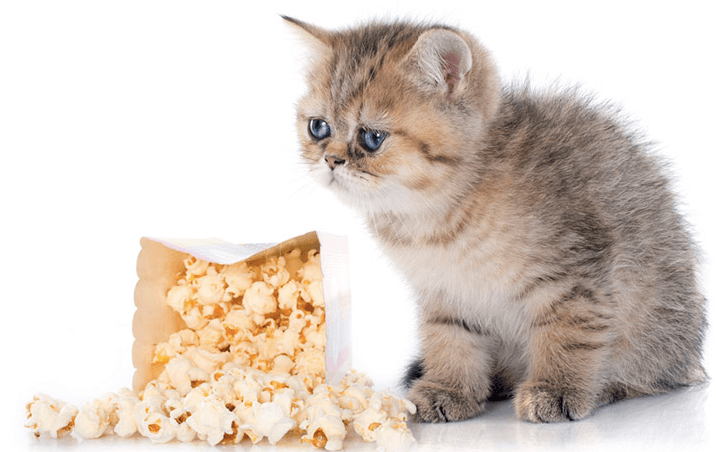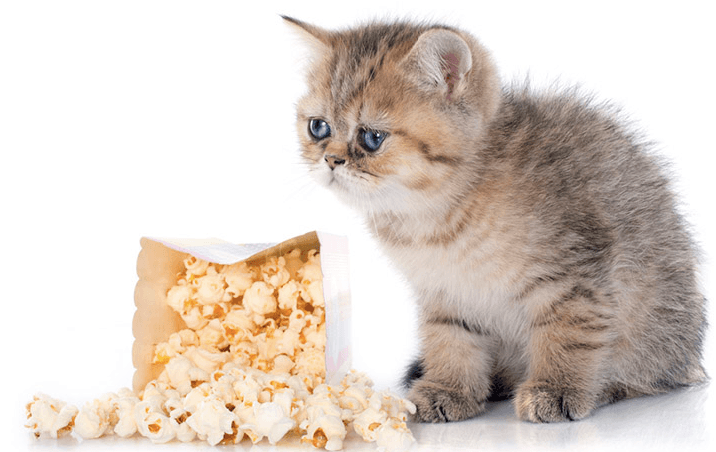As our feline friends age, their dietary needs change. Just like humans, senior cats require a different balance of nutrients to maintain their health and vitality. But with so many options available, selecting the right diet for your senior cat can be overwhelming. In this article, we’ll explore the key considerations when it comes to feeding your aging feline friend, so you can make an informed decision and keep them happy and healthy for years to come.
1. “Purrfect Nutrition: A Guide to Choosing the Right Diet for Your Senior Cat”
As your feline friend ages, their nutritional needs may change. It’s important to choose the right diet to ensure they stay healthy and happy in their golden years. Here are some tips to help you choose the purrfect nutrition for your senior cat:
– Consult with your veterinarian: Your vet can help you determine the best diet for your cat based on their age, weight, health conditions, and activity level. They may also recommend specific brands or types of food.
– Look for high-quality protein: Senior cats need more protein to maintain muscle mass and support their immune system. Look for foods that list a high-quality protein source, such as chicken, turkey, or fish, as the first ingredient.
– Consider wet food: Wet food can help keep your senior cat hydrated and provide them with extra moisture, which is important for their kidney function. It can also be easier for them to digest than dry food.
– Watch the calories: As cats age, they may become less active and require fewer calories. Make sure you’re not overfeeding your senior cat and causing them to gain weight, which can lead to health problems.
– Avoid fillers and by-products: Look for foods that don’t contain fillers, such as corn or wheat, and by-products, such as chicken feet or beaks. These ingredients provide little nutritional value and can be hard for your cat to digest.
– Consider supplements: Your senior cat may benefit from supplements, such as glucosamine and chondroitin, to support joint health, or omega-3 fatty acids, to support brain and heart health. Talk to your vet about which supplements may be right for your cat.
By following these tips, you can help ensure your senior cat gets the purrfect nutrition they need to thrive in their golden years.
2. “Age-Appropriate Meals: How to Cater to Your Aging Feline’s Nutritional Needs”
As cats age, their nutritional needs change. It’s important to provide them with age-appropriate meals to ensure they stay healthy and happy. Here are some tips on how to cater to your aging feline’s nutritional needs:
– Choose high-quality protein: As cats age, they require more protein to maintain muscle mass. Look for high-quality protein sources such as chicken, turkey, and fish. Avoid protein sources that are high in fat or fillers.
– Add supplements: Aging cats may benefit from supplements such as glucosamine and chondroitin to support joint health, and omega-3 fatty acids to support brain and heart health. Consult with your veterinarian before adding any supplements to your cat’s diet.
– Provide smaller, more frequent meals: Older cats may have a harder time digesting large meals. Consider feeding them smaller, more frequent meals throughout the day. This can also help prevent obesity and other health issues.
– Increase fiber: Aging cats may experience constipation or other digestive issues. Adding fiber to their diet can help regulate their digestive system. Look for cat foods that contain natural sources of fiber such as pumpkin or sweet potato.
– Monitor their water intake: Older cats may become dehydrated more easily. Make sure they have access to fresh water at all times and consider adding wet food to their diet to increase their water intake.
By following these tips, you can help ensure that your aging feline friend receives the proper nutrition they need to stay healthy and happy. Remember to consult with your veterinarian before making any significant changes to your cat’s diet.
3. “From Kitten Chow to Senior Chow: Navigating the World of Cat Food for Your Aging Feline Friend
As your feline friend ages, their nutritional needs change. It’s important to provide them with the right food to keep them healthy and happy. Here are some tips for navigating the world of cat food for your aging cat:
– Look for food labeled “senior” or “mature”: These foods are formulated specifically for older cats and contain the right balance of nutrients to support their aging bodies.
– Consider their health issues: If your cat has any health issues, such as kidney disease or dental problems, talk to your vet about the best food options for them.
– Watch their weight: Older cats are more prone to weight gain, so make sure you’re feeding them the right amount of food and keeping an eye on their weight.
It’s also important to remember that every cat is different, so what works for one may not work for another. Pay attention to your cat’s individual needs and preferences, and don’t be afraid to try different foods until you find the right one for them. With a little patience and experimentation, you can help your aging feline friend stay healthy and happy for years to come. In conclusion, selecting the right diet for your senior feline can make all the difference in their health and well-being. As our furry friends age, their dietary needs change, and it’s important to provide them with the appropriate nutrients to keep them healthy and happy. By consulting with your veterinarian and taking into consideration your cat’s individual needs and preferences, you can ensure that they are getting the best possible nutrition. Remember, a healthy diet is the foundation for a long and happy life for your senior cat.

